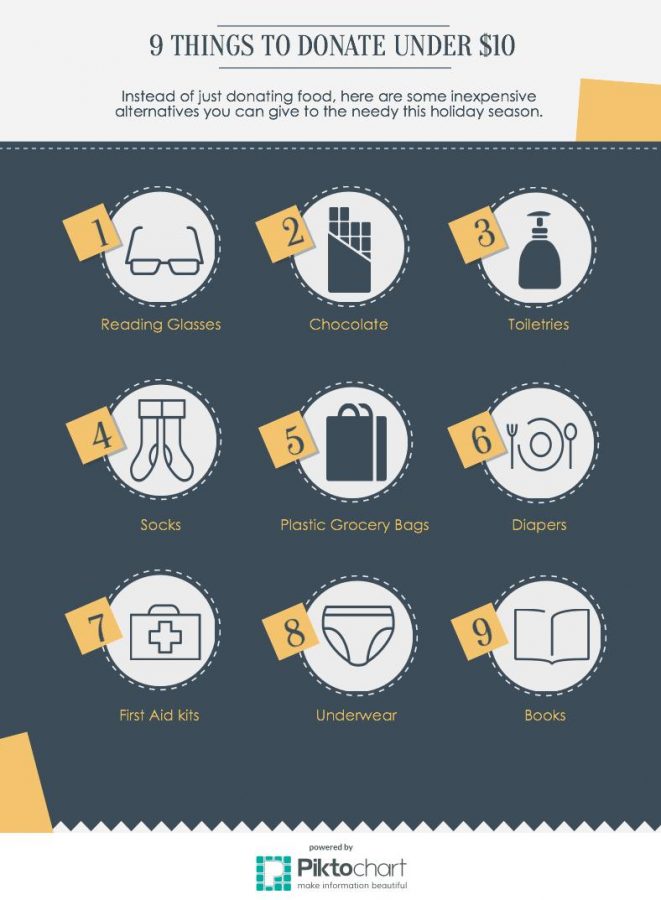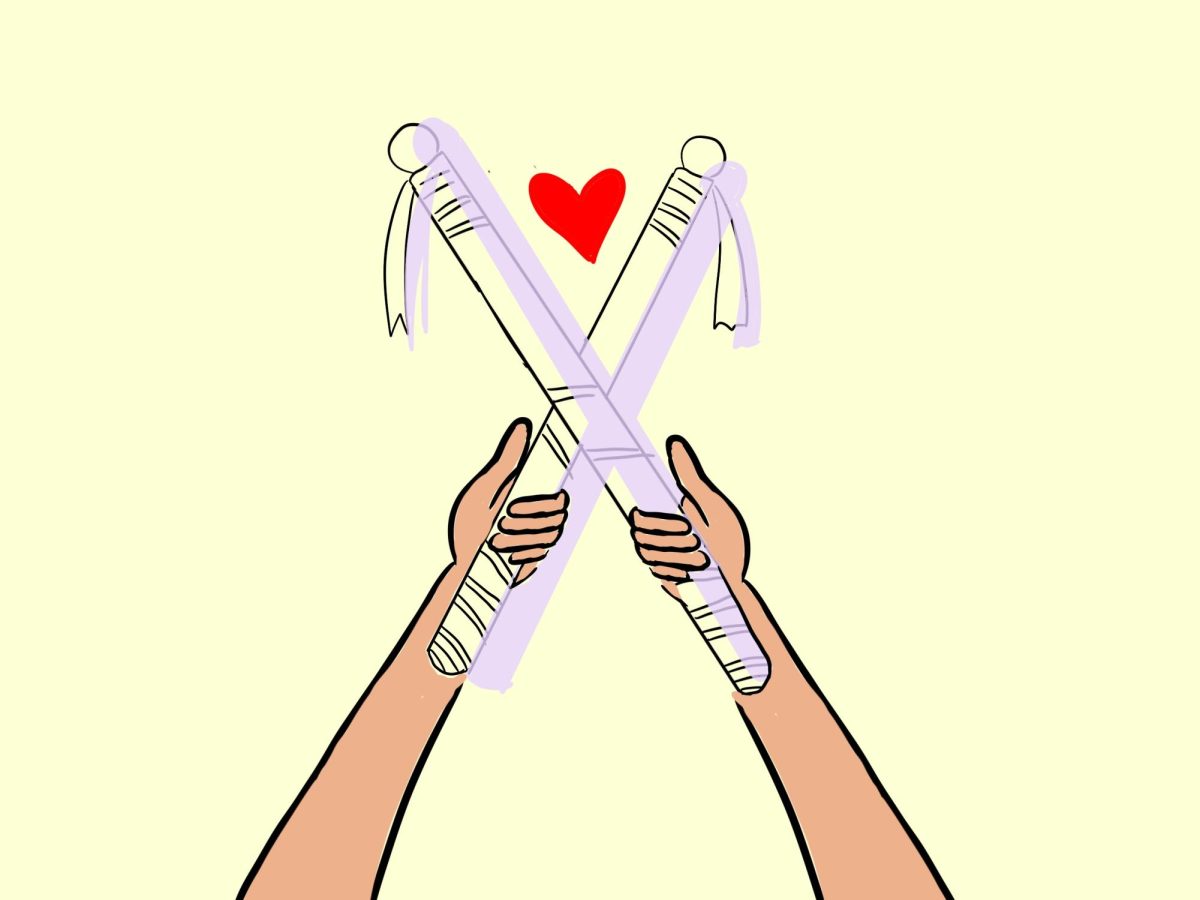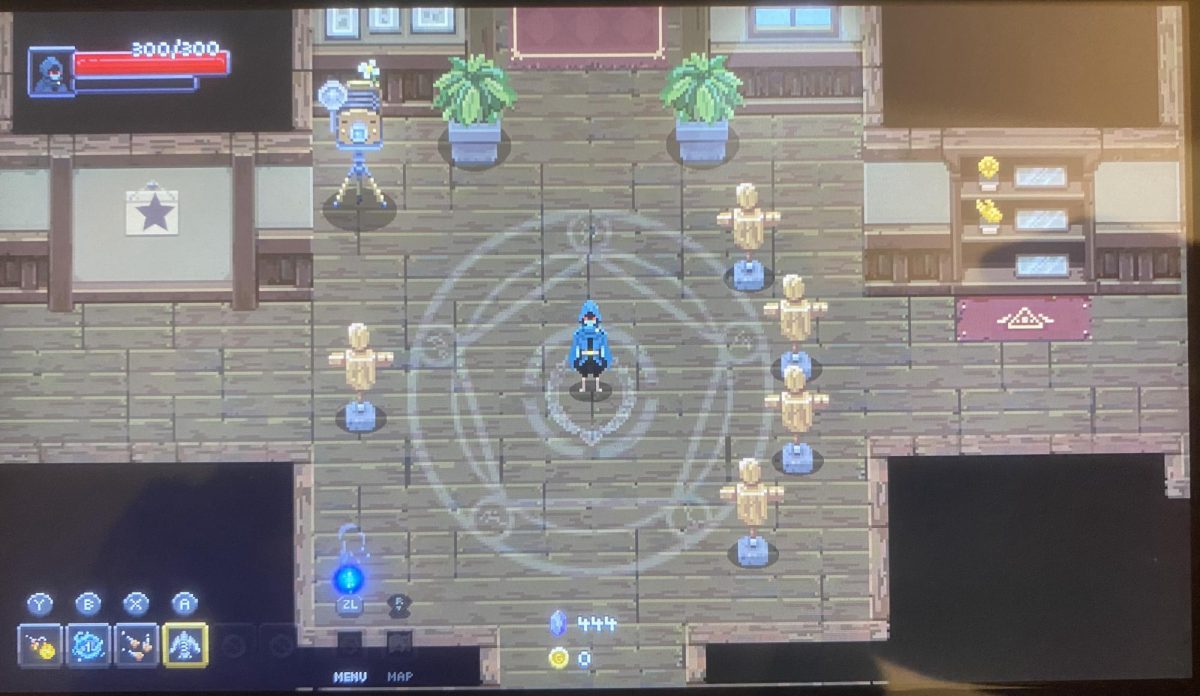This is, of course, an admirable quality of ours, to give aid to those in need. But this year, rather than simply collecting year-old soup cans left in the corners of our pantries, why not donate something that some of the homeless need but don’t receive?
Tampons and pads are not the first things that come to mind when contemplating what to donate to the local shelter, but they are some of the most vital. One of the leading organizations that collects feminine sanitary products to be distributed at shelters is called Distributing Dignity, and that’s exactly what this comes down to: recognizing that every person is worthy of dignity and offering them the supplies needed to live with as much dignity as possible.
Menstruation can be messy and painful: involuntary bleeding, bloating and cramps that can ruin the days of even those with access to daily showers and the proper sanitary products. Along with having to deal with the physical symptoms, the entire process is exacerbated for homeless people without access to the proper supplies. In general, tampons and pads are extremely expensive —boxes of 36 tampons often cost about $10 and last someone about one menstrual cycle. Furthermore, they’re currently taxed in the state of California as non essentials, making it nearly impossible for homeless people to purchase the necessary supplies on their own. Pads and tampons are inaccessible because they aren’t often donated to shelters, which when added to the fact that clean showers are often not regularly available, makes the event a monthly gamble against bacterial infection, already a risk people with periods face in general.
Simply put, once a month there are people on our streets who cross their fingers and hope that a function of their bodies won’t result in their deaths because most people don’t think to donate a box of tampons with their months old garbanzo beans.
And more than simply the health risk, people who are unable to sufficiently care for themselves while menstruating have to suffer the humiliation and anxiety of their situation as they attempt to hide it from the public at large. An example of the mental toll of menstruating while homeless, one woman spoke of her depression as she was forced month after month to tear filthy rags and stuff them in between her legs because she didn’t have access to sanitary pads.
Periods are a taboo topic in our society, and we should not be forcing people to deal with the stigma of menstruation without offering up the necessary supplies to mitigate their circumstances. Month after month, some of our homeless are forced, through no fault except their biology, to deal with the danger and degradation of menstruation. While we might not be able to help many of the causes, what we can do is provide the solution.
So this holiday season, when donating those boxes of cereal and piles of old clothes, think about stopping at your local convenience store and picking up a box of tampons instead.





















